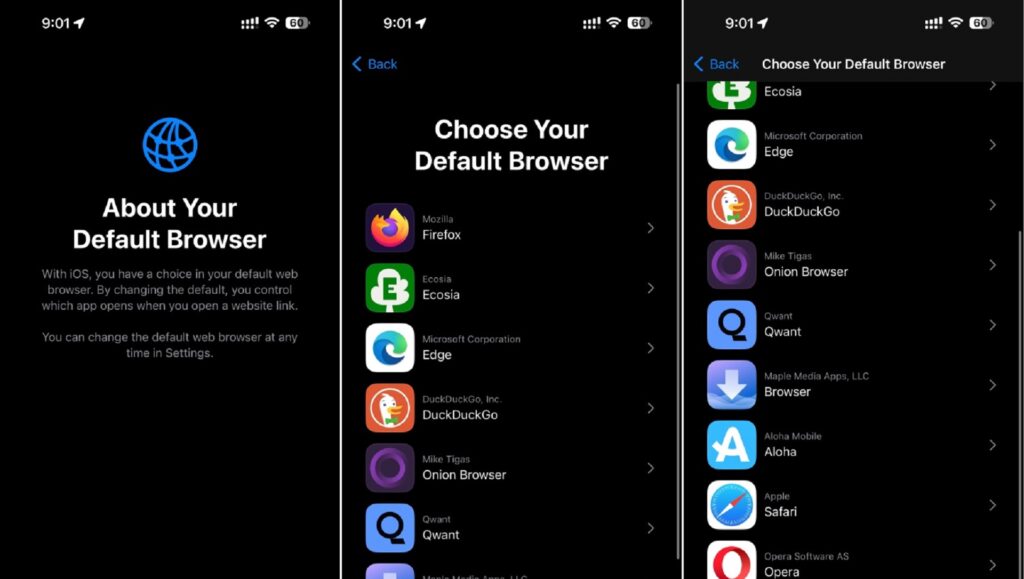An anonymous reader writes: Mozilla Firefox 124 looks like a small update that only updates the Caret Browsing mode to also work in the PDF viewer and adds support for the Screen Wake Lock API to prevent devices from dimming or locking the screen when an application needs to keep running. The Firefox View feature has been updated as well in this release to allow users to sort open tabs by either recent activity (default setting) or tab order. Also, Firefox 124 expands Qwant's availability to all languages in the France region along with Belgium, Italy, Netherlands, Spain, and Switzerland.
This release also adds support for using HTTP(S) and relative URLs when creating WebSockets, as well as support for the AbortSignal: any() static method, which takes an iterable of abort signals and returns an AbortSignal (more details are available here). For Android users, Firefox 124 enables the Pull to Refresh feature, which is now more robust than ever, by default and adds support for the HTML drag and drop API when using a mouse, which accepts plain text or HTML text by the drop operation from external apps.
For macOS users, this release uses the fullscreen API for all types of full-screen windows, promising a better match to the expected macOS user experience for full-screen spaces, the Menubar, and the Dock. If you want to disable this feature, you'll need to set the full-screen-api.macos-native-full-screen preference to false in about:config. For Windows users, this release adds the ability to populate the Windows taskbar jump list more efficiently. According to Mozilla, this change should allow for a "smoother overall browsing experience."


Read more of this story at Slashdot.
